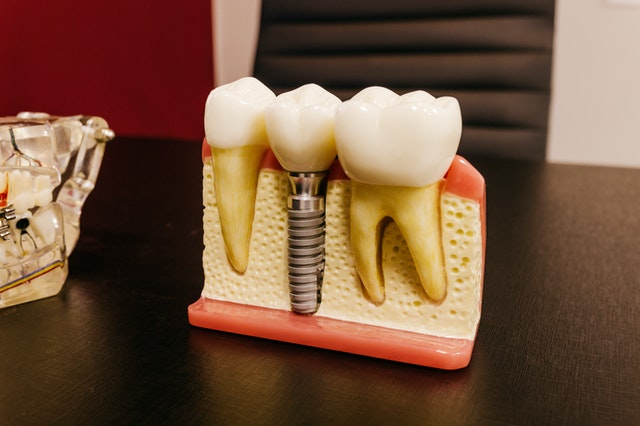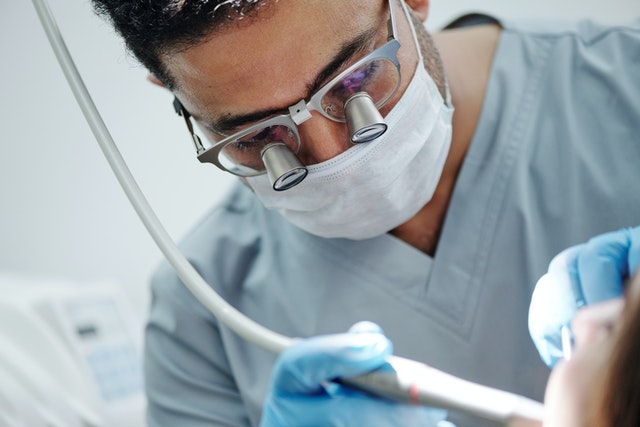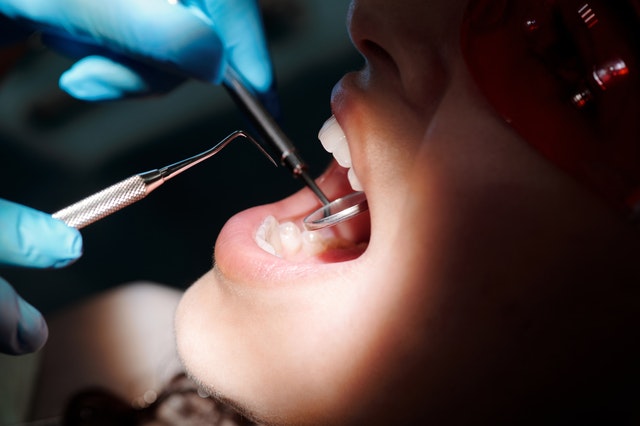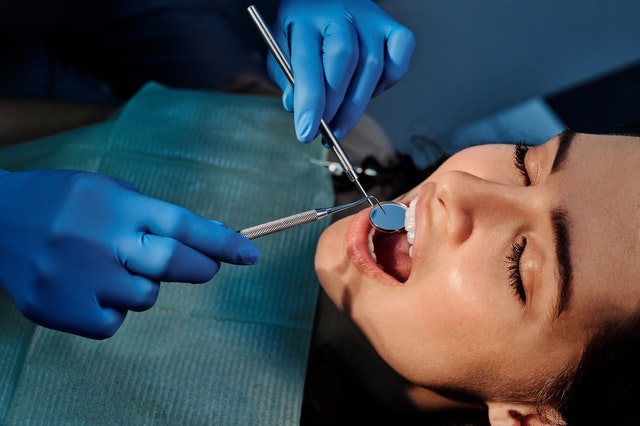
No one wants to go about their daily lives not being able to smile when they feel the urge to or laugh at a joke because they have missing teeth. This is quite noticeable and results in embarrassment. People tend to be withdrawn and very self-conscious in situations like these. Dental implants can help to eliminate these feelings and restore confidence.
Let us take an in-depth look at dental implants.
What are Dental Implants?
Dental implants are titanium cylinders or screws that are surgically placed into the jawbone where there are missing teeth. Dental implants are quite popular and an effective long-term fix for persons who have issues such as missing teeth, uncomfortable dentures, failing teeth or chronic dental problems.
How do dental implants work?
Implants are the only treatment that provides a biological connection with the jawbone. For this reason, dental implants have proven to be a long-term successful treatment choice providing good retention for an artificial tooth or teeth that connect to it.
Dental implants comprise three parts:
The implant is a screw that serves as a root for your new teeth, which fuses with your jaw over time.
The abutment is a permanent connector that supports and holds a tooth or a set of teeth in place. Though permanent, the abutment is removable by a doctor if need be.
The crown (also known as the prosthetic tooth) is the part of the tooth that you can see.
Before the procedure can take place, some factors need to be considered. These include the location of the missing tooth or teeth, the strength of the jawbone where the dental implant is to be placed, the health of the patient, cost, and finally, the patient’s preference. Therefore, an assessment has to be done by the dental surgeon to determine whether the patient is a good candidate for a dental implant.
If the assessment proves favourable, the implant or screw is inserted in the place of the tooth or teeth that were removed. The implant is left for a few months to be fused with the jawbone through the process of osseointegration. Osseointegration is the direct structural and functional bond between living bone and surface of the synthetic tooth replacement. After osseointegration, the abutment is attached to the implant and the crown added.
Who is likely to need dental implants?
Dental implants may not be the best fit for everyone, as each individual’s condition and requirements vary.
Persons with cracked teeth
Implants can be suggested for a patient who has cracked teeth, which cannot be fixed without corrective surgery. Therefore, an assessment is done of the tooth to see the extent of the damage. From here, the dentist will determine whether restructuring can be the solution or if removal and an implant will be required.
Persons who experience bone loss
Bone loss is a consequence of tooth loss and chronic periodontists, which is bacteria eating away at the underlying jawbone and periodontal ligaments that connect the tooth to the bone.
Dental implants can help with this issue. When the implant bonds with the jawbone, it stimulates bone growth like natural roots in the tooth. Not only will the implant stimulate growth, but the replacement will allow exertion of the same or similar pressure of natural teeth. This allows bone retention through pressure and the action of chewing.
Persons with loose-fitting dentures or those who do not want dentures
Many patients prefer implants to loose-fitting dentures because they do not have to worry that their dentures may fall out. Implants also do not affect one’s speech as opposed to dentures, which move and cause difficulty in speaking.
Poorly fitted dentures can cause the mouth to shrink, resulting in the dentures loosening up. Loose-fitting dentures can lead to sore spots in the mouth as well as changes in your facial features. Therefore, a dentist may suggest a dental implant to prevent further facial changes or improve the condition.
Pros and cons of dental implants
Pros
- No more feeling self-conscious about teeth problems
- A permanent solution
- Stimulates the jawbone and prevents re-absorption
- High success rate
- Looks like natural teeth
Cons
- Can be costly
- The process is lengthy
- Additional procedures might be necessary
- Some patients are allergic to titanium
If you think dental implants are right for you, talk to our experienced dentists at Klamath Smiles. Our goal is to deliver comprehensive dental care that helps our patients achieve and maintain beautiful smiles for a lifetime. We offer a wide range of dental services using the best technology.
Let us help you preserve your smile. Call us today!




